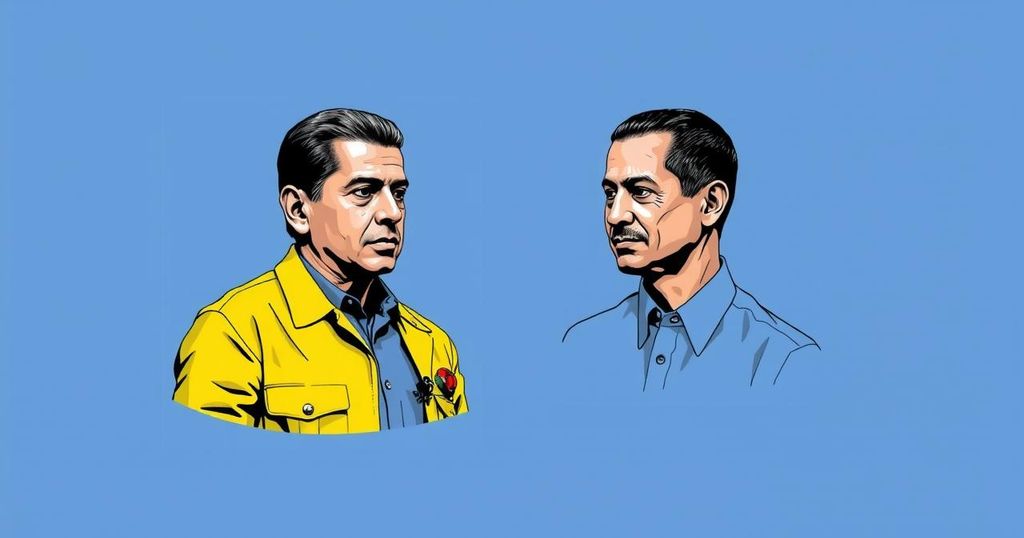The United States has announced sanctions on 21 Venezuelan officials for their involvement in the repression of protests following a disputed presidential election in July. Bradly Smith from the U.S. Treasury condemned the actions taken by Maduro’s government, highlighting severe rights abuses. The sanctions are part of a broader strategy to address anti-democratic conduct in Venezuela and support the legitimate opposition led by Edmundo Gonzalez, who has since sought refuge abroad.
The United States has imposed sanctions on 21 Venezuelan officials associated with President Nicolas Maduro, stemming from their roles in the suppression of dissent following a disputed presidential election held in July. The sanctions, announced by the U.S. Department of the Treasury, target individuals while citing the alleged violent crackdown that resulted in over 25 fatalities and more than 2,400 arrests during protests against the election results. The U.S. administration condemned the actions of Maduro’s government, which they claim threaten the democratic rights of Venezuelan citizens.
After Maduro’s controversial victory was announced despite counterclaims from the opposition, including Edmundo Gonzalez, accusations of election fraud have proliferated. The election, described by The Carter Center as failing to meet democratic standards, further isolated Maduro’s regime on the diplomatic front. In a related development, the U.S. has recognized Gonzalez as Venezuela’s legitimate leader, complicating the political landscape further.
The sanctions specifically target various high-ranking government officials and members of the security forces accused of undermining electoral integrity and participating in incidents of violence against protesters. To date, the U.S. government has sanctioned a total of 180 current and former officials linked to these abuses. Amidst this geopolitical tension, both Brazilian and Colombian leaders, who initially expressed openness towards Maduro’s regime, have since doubted the legitimacy of his election victory and called for transparency in the electoral process.
The current political situation in Venezuela has been marked by controversy following the presidential election in July 2024, where President Nicolas Maduro declared a disputed victory amid allegations of significant electoral fraud. The U.S. has responded to these claims with sanctions against officials seen as complicit in repressing protests and manipulating the electoral process. The climate of unrest has seen active opposition from figures such as Edmundo Gonzalez, who has since fled the country, amplifying the tensions between the Venezuelan government and the international community. These events reflect broader issues of democratic governance and civil rights within Venezuela.
In summation, the U.S. sanctions against Venezuelan officials underscore the ongoing struggle for democracy and civil rights in Venezuela, particularly following the highly contested presidential election. The situation remains critical as domestic dissent is met with governmental repression, and international recognition of opposition leaders complicates the political landscape. Continued scrutiny on electoral processes will likely persist as both domestic and international actors seek accountability and transparency within Maduro’s regime.
Original Source: www.aljazeera.com







